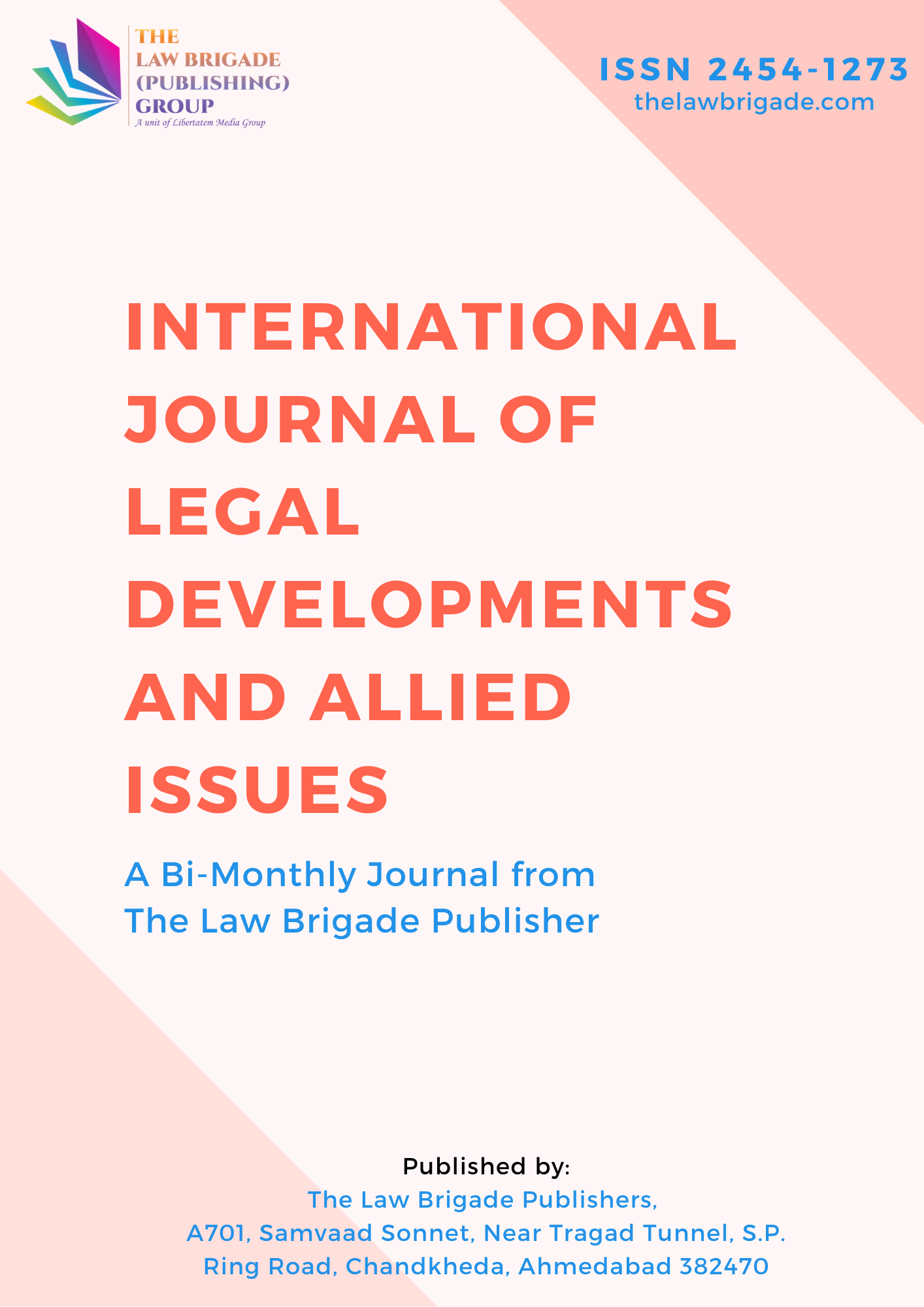Criminology refers to the scientific study of crime and criminal conduct, additionally it is founded on social, anthropological, economic psychological and other non-legal principles. Criminology study a number of connected topics i.e. the characteristics of those who commit crimes, reasons why people commit crimes, the effect of crimes on people and community, criminal prevention strategies and so on.[i]
Once Maureen Johnson said, “In any investigation, time is what you lack. Evidence disappear one hour at a time. People and the environment can damage crime scene. Things are shuffled, relocated, changed and smeared. Organisms decay. Contaminants and dust are blown by wind. Memories deteriorate with time. You go away from the remedy as you move away from the incident”.
The line from Maureen Johnson’s book, “Truly Devious” cited above may assist readers comprehend the importance of technological advancement in the field of criminal investigation. It can help in situations where a matter cannot be handled precisely and swiftly because there is insufficient evidence, as well as in criminal proceedings. All you require is a strong lead.
Think about a criminal scene. A dead body lay there, things were scattered and there was blood on the ground. A person has been accused of the crime in the interim. He rejects that as well. At this point, several questions start to surface. What could have prompted the defendant to murder the victim? How was he killed by him? Do there exist any evidence linking the accused to the crime itself? What had happened and how was he feeling? Criminology now starts to come into play in figuring out the particular and origins of the crime. On the other hands, science provides accurate, reliable and unbiased information, helping to connect the dots between the facts and the evidence. As a result, criminal investigation involves both criminology and forensics. It is indisputable that society is undergoing substantial technological change and criminals have improved their hiding techniques in tandem with these advancements. The average individual nowadays also has a better understanding of science and technology because everyone has access to cellphones and the internet. With the internet, finding numerous ways to commit a crime without being caught is simple. Because no information is left behind, using the dark web for unlawful behavior is much more concerning.[ii]
The barrier to crime has been lowered by technological advancements. However the same hand can also be helpful in the investigation into the crime. Among the many concepts that make up forensic science as a tool for better criminal justice and administration are ideas from biology, sociology, criminal psychology, DNA profiling, physics, chemistry, fluid analysis, handwriting analysis and computer science.[iii]
[i] ‘What Is Criminology? The Study Of Crime And Criminal Minds | Maryville Online’ (Maryville Online, 2022) <https://online.maryville.edu/online-bachelors-degrees/criminal-justice/resources/what-is-criminology/> accessed 25 September 2022.
[ii] ‘The Criminology Of The Future: How Science Helps In Crime Investigation’ (lawyersclubindia, 2022) <https://www.lawyersclubindia.com/articles/the-criminology-of-the-future-how-science-helps-in-crimeinvestigation-13815.asp> accessed 25 September 2022.
[iii] Ibid





